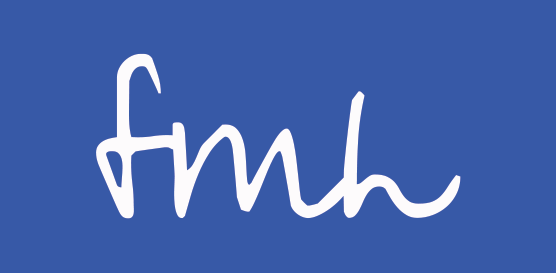TRUTH
Truth matters, both to us as individuals and to society as a whole. As individuals, being truthful means that we can grow and mature, learning from our mistakes. For society, truthfulness makes social bonds, and lying and hypocrisy break them.
-Skillsyouneed.com
The truth is something that burns. It burns off deadwood.
-Jordan Peterson
Truth seems like such a simple concept. People like to believe they are truthful, or that others are truthful with them. Recently I drove by a local bank I used to frequent for many years and got to know the tellers and staff there. One banker in particular was in charge of my merchant account. She was always very friendly, affable, self-effacing, relaxed, casual, and seemingly wanting to help. When I ran into a recurrent problem, she assured me she would look into it and get it resolved. After multiple visits, phone calls, and confirmation from other employees of the bank, it slowly became clear I was being lied to on a regular basis. This banker had no problem justifying her actions and would in fact, double down and repeat the lies she told previously without acknowledging any regret or sense of irony. Once I figured this out, I changed banks, but not without disappointment. How did I let this go on for as long as I did?
In the last few years, truth (or perhaps the departure from truth) has become increasingly harder for many of us to discern. It is also harder to accept the concept that people we thought we could believe have become (or maybe always have been) untrustworthy. It’s also been said that it’s easier to fool people than to convince them that they’ve been fooled.
Who do you believe? A doctor? A financial advisor? A religious leader? Your friends? An influencer on social media? How do you determine who to believe, and what do you do if the very people you trust turn out to be unreliable or worse? It feels like a violation, a disgusting sense of having your willingness to trust betrayed. It can leave you very angry, sad, bewildered, or possibly all of these. Most of all, it does tremendous damage to relationships that may be irreparable.
We live in a world filled with confusion, uncertainty, and a lack of reliability. Whether the subject is relationships, romance, politics, health, religion, or finance, we are frequently bombarded with lies, half-truths, and distortions, along with peer pressure to ignore them. When encountering the circumstances, ask yourself: Is what I am seeing and hearing not lining up? Is there a dissonance, a disconnect, between what I believe to be true and what I am being told - not circumstances that are a little blurry or uncertain, but when it’s clear-cut? When confronting the contradiction, do you get pushback or even derision? Does the other party even acknowledge what happened, even when the evidence is obvious?
We’ve all been fooled - sometimes by others, sometimes by ourselves. As painful as truth may be, we owe it to ourselves to seek truth for our own betterment and the betterment of others. Often, the choice to know the truth is ours, and how we decide to deal with it can ultimately help ourselves and those around us to healing in multiple ways. It is the beginning of what can be a difficult but ultimately rewarding journey.
